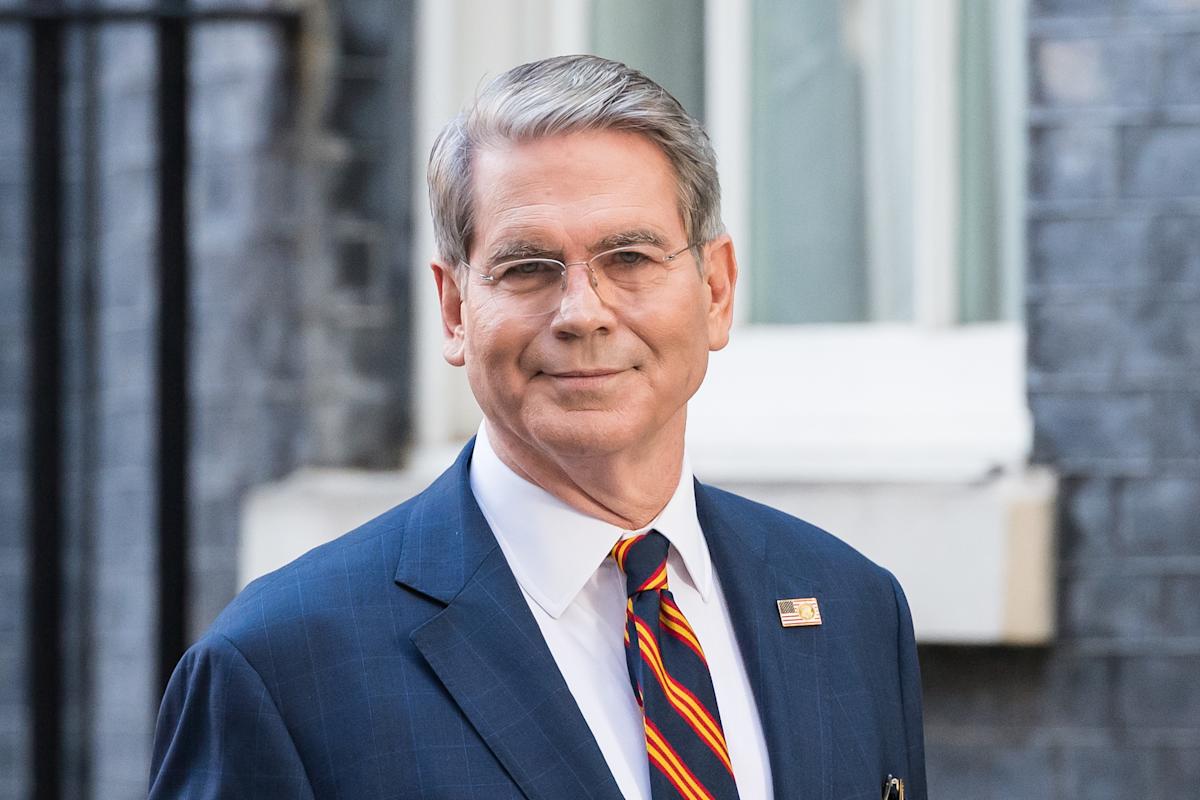President Trump said on Wednesday that he spoke to India’s Prime Minister Narendra Modi, in a move aimed at easing tensions between the two major economies as they clash over tariffs and New Delhi’s purchase of Russian oil.
“He is doing a tremendous job,” Trump said. “Narendra: Thank you for your support on ending the War between Russia and Ukraine!”
Meanwhile, Treasury Secretary Scott Bessent, who is leading the US delegation during ongoing talks with Chinese trade officials in Spain, said in an interview on Tuesday that he is confident a trade deal with China is near.
With reciprocal tariffs set to take effect in November, Bessent told reporters he expects further talks to happen before then.
“Each one of those talks has become more and more productive,” Bessent told CNBC. “I think the Chinese now sense that a trade deal is possible.”
The talks in Spain are set to continue through Wednesday.
Bessent also reiterated that he expects a finalized TikTok deal to be announced after President Trump and Xi Jinping talk on Friday.
TikTok is set to go offline Sept. 17 unless parent company ByteDance divests itself of majority ownership of the social media app or Trump extends the deadline again. Oracle (ORCL), seen as the frontrunner in any deal involving American stewardship of the app, rose 5% in premarket trading.
On Monday, China accused the US of “unilateral bullying” after Washington called on G7 and NATO allies to impose tariffs on Beijing over its purchase of Russian oil. Bessent noted that the US would not move forward with the oil-related tariffs unless European countries did the same.
In the background, the Supreme Court is reviewing a high-stakes legal challenge to President Trump’s tariffs, setting up a resolution as early as this fall.
The high court put the case on track for oral arguments in early November. That puts the case on an unusually quick track to resolution.
US Treasury Secretary Scott Bessent has warned in recent days that the US would have to refund around “half” the tariff revenue it has collected if the Supreme Court rules the president overstepped his authority, which has been the determination of a federal appeals court and the Court of International Trade.
The tariffs at stake are the sweeping “reciprocal,” country-specific duties Trump has outlined in various steps this year (which you can see in the graphic below). Those duties range from 10% to 50%. Trump has used a 1977 law known as “IEEPA” — the International Emergency Economic Powers Act — to justify imposing the tariffs.
